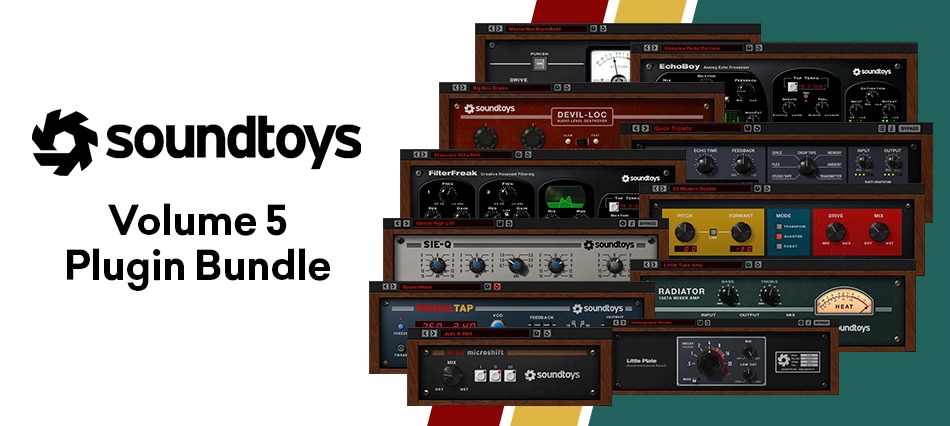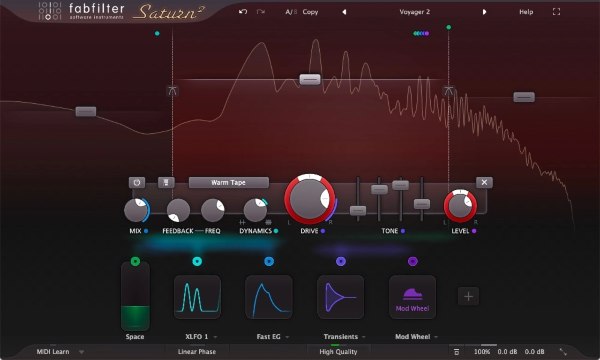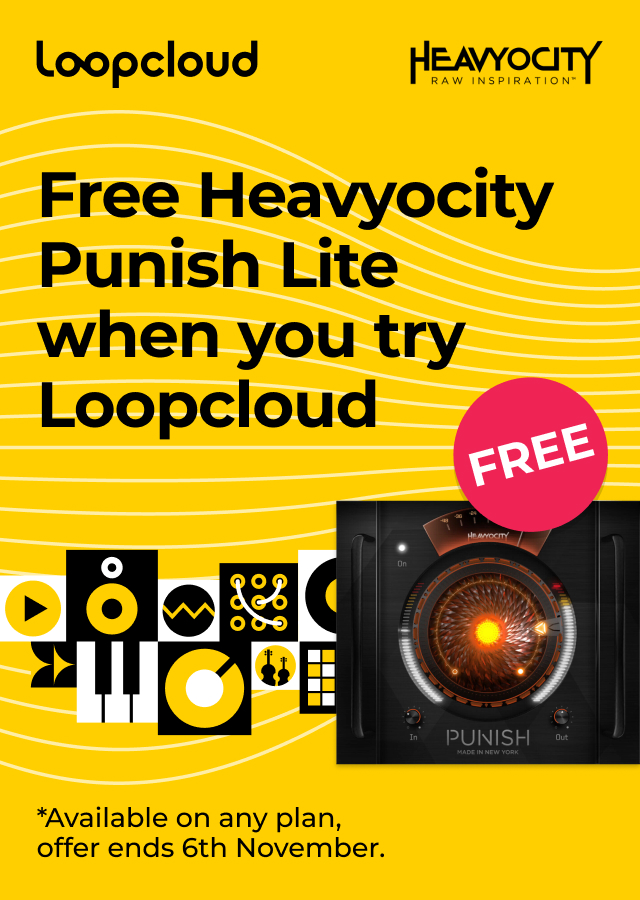THE FAVORITE MUSIC PRODUCTION TOOLS OF JULIAN COLLET
Hammarica.com | EDM News Network.

Please tell our readers a little bit about your background.
Hi, thanks so much for having me! Well, I started making music when I was like 5 or 6 years old. Taking classical guitar lessons for more than a decade equipped me with a lot of tools that came in handy when I discovered electronic music in my teenage years. For some years I tried to find myself, musically speaking, and finally created what is “Julian Collet” today.
What is your favorite piece of hardware gear to work with and why?
I think I have to splice this in two parts. For synths I’m a classical guy. I absolutely love my Juno 60: most of the time, it’s the first thing I’ll reach for when I start a new record. But also, Moog and Arp have wonderful instruments in their repertoire. You can easily see here that I’m an old school subtractive-synth guy, haha.
When it comes to mixing I’m a fan of the early API gear. The transformers sound so thick! You can just run stuff trough them without even touching any knobs and it all just gets this tiny but important bit better. By now the plugin versions are impressing, though.
Is there a specific VST plugin that radically changed your workflow?
Oh god, that’s not an easy one. There are so many that left me stunning over the years. Especially the ones that do well at emulating analog gear. These brought me the sound that I was looking for but couldn’t afford. Obviously quite a lot of them are coming out of Waves’ arsenal. But besides the big companies there are a lot of insanely good manufacturers out there, that one might miss: I’m a huge fan of Pulsar Audio, Softube and Soundtoys. Their plugins sound fantastic and run native, which is important for me because I travel a lot (at least used to).
When it comes to workflow, I was a heavy “Console 1” user for quite some time. The real difference for me was working on faders, though. Being able to manipulate several sound sources at once was a game changer for me. I mean, in a mix, all the elements and characters are relating to one another. So, changing one might require changing another one as well.

Get the Soundtoys Bundle here.
This site is an affiliate of Plugin Boutique and we earn a commission from sales.
Do you have a specific process when it comes to creating tracks? For instance, do you start with a beat or with a melody?
That is always different. I have no plan, no go-to way, not even a template. I want to start fresh every single time, so I can explore new paths and won’t be tempted to walk down the same one all repeatedly. This is different when it comes to remixing, obviously. The material I get almost always gives me a push into a certain direction.
How do you approach space in production as it relates to delays and reverbs?
For me there are two different kinds of reverbs and delays. The ones I can hear and the ones I only realize are missing when muted. The first kind is really a sound design element. Or a part of the production in terms of giving more groove to an arp by adding an 8th note delay for example. The latter is the difficult kind. These are the ones that open the door to the record. They drag you in there and hug you. It’s a lot about feeling, really. I think that the moment I start to hear them too much they lose their magic.
What helps me a lot there is to send my delays into my reverbs. That prevents them to sit in my face in comparison to the vocal for example and makes everything much more natural. Pretty much all my delays (if ITB) come out of EchoBoy which I love. For Verbs I mostly trust LittlePlate and the Valhalla plugins. If I have access to a Bricasti or a physical reverb unit (best case a real chamber), I love to use these as well.
Which aspect of music production do you feel you excel at?
I have a voice in my head that tells me when something is enough or needs more work. To learn how to listen to it took me quite some time, but it really helps a lot. Are you REALLY happy with what you have? Or is just something you tell yourself for whatever reason. Another point is the skills that I have from my time playing the guitar. I approach everything musically, rather not technically, although I love all the nerdy stuff. I do a lot of mixing and being able to identify the characters of a so
ng or a production and helping them to grow out of the mix is an important part of what I do. Not everything needs to sound “perfect”, but it needs to speak to you and tell you a story.
Your best advice to get that kick drum pounding?
Space. In every way. Be it by using side chain compression, eq-ing or whatever needed. A great tool is FabFilter’s Saturn. You can take away low end of sounds and saturate it before, so the ear doesn’t miss it. Only because you dial in a lot of bass doesn’t mean people are going to hear a lot of bass.
Everything within reason though. You can destroy a lot this way, too.
Of course, it’s a production aspect, also. If your kick can breathe through the rest of the elements, you’ve already won.
A lot of “pounding” kicks are made by the overall groove of the song which can be given a little push by some bus compression. This can help get a kick going as well. Assign threshold, attack, and release to a controller if you’re using plugins. That way you can tweak all at once and be sure to make proper AB-ing. Again, this is a subtle thing. If you’re not quite sure, talk to your mastering engineers about it, there’s a lot of awesome things to learn from them.
Get Saturn here.
More information on the FabFilter Total Bundle here.
Check out the individual FabFilter plugins here.
This site is an affiliate of Plugin Boutique and we earn a commission from sales.
Out of all the productions you have made, what would be your personal favorite?
I always try to make my most recent work my best, always growing and evolving. So, I’d answer this with “Give Me Something”. But also, there’s some awesome music from this and last year I was fortunate enough to be part of, Rickie Lee Kroell and Marisabelle for example, both very worth a listen.
What is the best advice you have for other producers in the game?
Always think about the music. It’s about feeling and expression, about the artist speaking to the listener. In the end no-one cares if it was done quickly or in months, what gear you used or how weirdly you approached things. The result is all that matters.
Also, if you sense any ego coming up inside yourself, hold it back. It has never brought any good to anyone in a production process. Especially if you’re not the artist yourself. It’s not our name that goes on the front of the record, we’re on the back (this quote is gratefully borrowed from the grand Al Schmitt).
Is there anything else you would like to share?
Believe in what you do. It’s a tough game out there, lots of disappointments and unanswered emails will be happening. But if you truly believe what you do is great and if you really feel yourself in your music, there will be more people to sense that, I’m sure!
Thanks again for doing this interview.
Thank you, it has been a pleasure!



